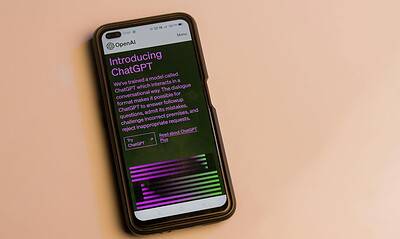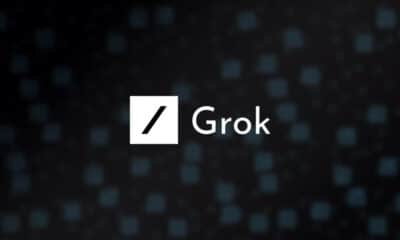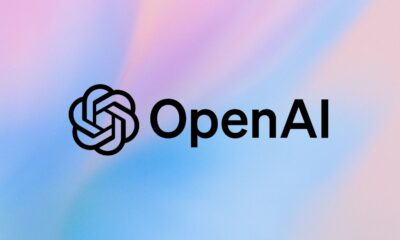AI
OpenAI CEO takes a swing The New York Times in live podcast
Altman even pressured the hosts to share their personal views on the lawsuit.

Just a heads up, if you buy something through our links, we may get a small share of the sale. It’s one of the ways we keep the lights on here. Click here for more.
At a recent live taping of the Hard Fork podcast in San Francisco, OpenAI CEO Sam Altman and COO Brad Lightcap made a dramatic and unplanned entrance that immediately shifted the tone of the evening.
The event, hosted by journalists Kevin Roose from The New York Times and Casey Newton of Platformer, quickly turned tense when Altman brought up the ongoing lawsuit between OpenAI and The New York Times just minutes into the interview.
The lawsuit accuses OpenAI and its partner Microsoft of using copyrighted New York Times articles to train their AI models without permission.
Altman seemed especially frustrated by a recent request from the Times’ lawyers asking OpenAI to keep user chat data, even for those users who used private mode or asked for their data to be deleted.
Altman criticized this move, saying it goes against user privacy. He insisted he still respects The New York Times but strongly disagrees with their stance in this case.
Altman even pressured the hosts to share their personal views on the lawsuit, though both declined, noting their roles as journalists affiliated with the Times.
After that rocky start, the interview returned to a more standard tone, but the moment underscored the growing tension between tech companies and media outlets.
Many publishers are suing AI companies, like OpenAI, Meta, Google, and Anthropic, claiming their work is being used without permission.
However, recent court rulings, such as one in favor of Anthropic, suggest momentum may be shifting toward tech firms.
OpenAI is also facing pressure from competitors. Altman mentioned that Meta CEO Mark Zuckerberg is trying to lure top OpenAI employees with huge pay offers.
And while OpenAI still works closely with Microsoft, tensions are rising as both companies increasingly compete in similar markets.
The evening ended with deeper questions about AI’s social impact. Altman addressed concerns about people using ChatGPT for harmful or mentally unstable conversations.
He said OpenAI tries to intervene early and direct users to professional help, but admitted they still don’t have all the answers for truly vulnerable users.
What did you think about this podcast episode? Do you think Altman made good points? Let’s have a chat about this below in the comments, or via our Twitter or Facebook.


























